What are the exemptions to the BOI Reporting requirements?

What are the exemptions to the BOI Reporting?
According to FinCEN, the following businesses that do not have to file BOI reports include:
- Certain types of securities reporting issuers. i
- A U.S. governmental authority. ii
- Certain types of banks. iii
- Federal or state credit unions as defined in section 101 of the Federal Credit Union Act.
- bank holding company as defined in section 2 of the Bank Holding Company Act of 1956, or any savings and loan holding company as defined in section 10(a) of the Home Owners’ Loan Act.
- Certain types of money transmitting or money services businesses. iv
- Any broker or dealer, as defined in section 3 of the Securities Exchange Act of 1934, that is registered under section 15 of that Act (15 U.S.C. 78o).
- Securities exchanges or clearing agencies as defined in section 3 of the Securities Exchange Act of 1934, and that is registered under sections 6 or 17A of that Act.
- Certain other types of entities registered with the Securities and Exchange Commission under the Securities Exchange Act of 1934. v
- Certain types of investment companies as defined in section 3 of the Investment Company Act of 1940, or investment advisers as defined in section 202 of the Investment Advisers Act of 1940.
- Certain types of venture capital fund advisers. vi
- Insurance companies defined in section 2 of the Investment Company Act of 1940.
- State-licensed insurance producers with an operating presence vii at a physical office within the United States, and authorized by a State, and subject to supervision by a State’s insurance commissioner or a similar official or agency.
- Commodity Exchange Act registered entities. viii
- Any public accounting firm registered in accordance with section 102 of the Sarbanes-Oxley Act of 2002.
- Certain types of regulated public utilities. ix
- Any financial market utility designated by the Financial Stability Oversight Council under section 804 of the Payment, Clearing, and Settlement Supervision Act of 2010.
- Certain pooled investment vehicles. x
- Certain types of tax-exempt entities. xi
- Entities assisting a tax-exempt entity described in (xix) above.
- Large operating companies with at least 20 full-time employees, xii more than $5,000,000 in gross receipts or sales, and an operating presence at a physical office within the United States. xiii
- The subsidiaries of certain exempt entities. xiv
- Certain types of inactive entities that were in existence on or before January 1, 2020, the date the Corporate Transparency Act was enacted. xv
Many of these exempt entities are already regulated by the federal and/or state government, and many already disclose their beneficial ownership information to a governmental authority.
Additional information about the entities that are exempt can be found in the Beneficial Ownership Information Reporting Regulations at 31 CFR § 1010.380(c)(2). You should consult the text of the regulations, which include specific criteria for the exemptions, before concluding that an entity qualifies for an exemption.
Learn More

Have Questions?
We are here to help.
Learn More

Have Questions?
We are here to help.
